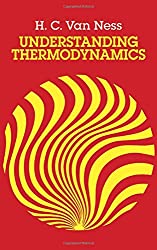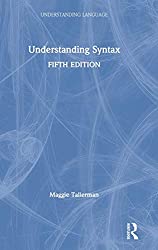
Rating: 9.0/10.
Pretty short, 100 page book that gives an intuitive introduction to various topics in thermodynamics and statistical mechanics. It’s meant to be a supplementary text, not a main text, so some really important things were omitted, which was confusing to me, but that’s understandable. Some ideas I learned:
- Energy can’t really be defined since it’s not a physical property. Can only write it as a sum of a bunch of things, and note that within a closed system, it always stays the same (first law of thermodynamics).
- A process is reversible if you can do it in reverse to get back the initial state. No physical process is perfectly reversible, but closer it is to reversible, the more efficient it is.
- Heat engines convert a heat differential into work. Two types are the Otto cycle (used in cars) and the Carnot cycle. Surprisingly, heat engines cannot be perfectly efficient, even under ideal conditions; the Carnot limit puts an upper bound. A heat engine that perfectly converts heat into work violates the second law of thermodynamics.
- Second law of thermodynamics says that entropy always increases; moreover, it increases for irreversible processes and remains the same for reversible processes. This is useful for determining when a “box of tricks” (taking in compressed air, outputting cold air at one end and hot air at the other end) is possible. The book doesn’t give much intuition about why the definition of entropy makes sense though, it literally tries random combinations of variables until one “works” (gives a constant value experimentally).
- Second law of thermodynamics is merely an empirical observation, and can’t be proved. In fact, it can be challenged at the molecular level (eg: Maxwell’s demon) which isn’t easily refutable.
- Statistical mechanics gives an alternate definition of entropy in terms of molecular states, and from it, you can derive various macroscopic properties like temperature and pressure. However, it only works well for ideal gases, and doesn’t quite explain or replace thermodynamics.



